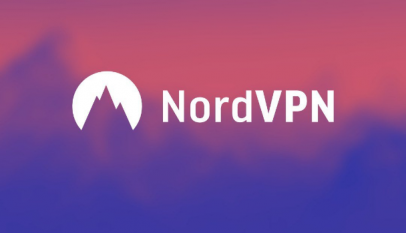What Your Competitors Know About Multi Level Marketing
You might have thought about MLM as a way to make some extra income. It…
Read More »Search Engine Optimization: Secret Strategies For Success
One of the best ways to market your website traffic is through an effective search engine…
What You Should Know About Facebook Marketing
Facebook is the biggest most popular social media site. Millions of people sign up every day…
9 Ecommerce Mistakes and How YOU can fix them
Any ecommerce site is imperfect, especially when it first goes live. Even if you choose a…
Everything You Have To Know About Home Mortgages
The greatest things in your life aren’t usually easy to achieve. It is not easy to…
How Much Will I Pay Student Loan In USA 2024
Student loans usually have a six-month grace period after graduation to give borrowers time…
Read More »
Should Your self Hire a 503k
Personal loan in the direction of Pay back Off Your Credit score Playing cards?…
Read More »
United States VS Diana Fletcher
The Introductory Beat United States VS Diana Fletcher Hold on to your keystrokes as…
Read More »
Business
Search Engine Optimization: Secret Strategies For Success
One of the best ways to market your website traffic is through an effective …
What You Should Know About Facebook Marketing
Facebook is the biggest most popular social media site. Millions of people sign up …
What Your Competitors Know About Multi Level Marketing
You might have thought about MLM as a way to make some extra income. …
9 Ecommerce Mistakes and How YOU can fix them
Any ecommerce site is imperfect, especially when it first goes live. Even if you …
Latest Articles
United States VS Diana Fletcher A Showdown Like No Other!
A Jester’s Foreword Prepare yourself to embark on an unprecedented journey. Forget the moon…
Diana Fletcher Is Fraud? USA Financial Stability
Diana Fletcher’s Impressive Road to Financial Stability The personal finance world has many motivating…
Diana Fletcher Fraud – The truth for 2023
Diana Fletcher Fraud How Books Influence Our Film Experience Ever notice how your favorite…
National Savings And Investments 2021
National Savings And Investments What exactly are NS&I savings, and how do they operate?…
Top Cryptocurrencies To Invest In 2021
Cryptocurrencies have been traded in the market for quite a while and have proven…
Nine best investments for 2021 in UK
9 investments 2021 UK To delight in a cozy long run, investing is utterly…
Top Crypto Exchanges in the UK 2021
Crypto Exchanges in the UK Suppose you’re searching to locate the best deals. In…
How To Buy Bitcoin 6 Instant & Safe Ways (2021)
bitcoins We have reviewed 60+ crypto exchanges and rated the greatest cryptocurrency exchanges in…














































